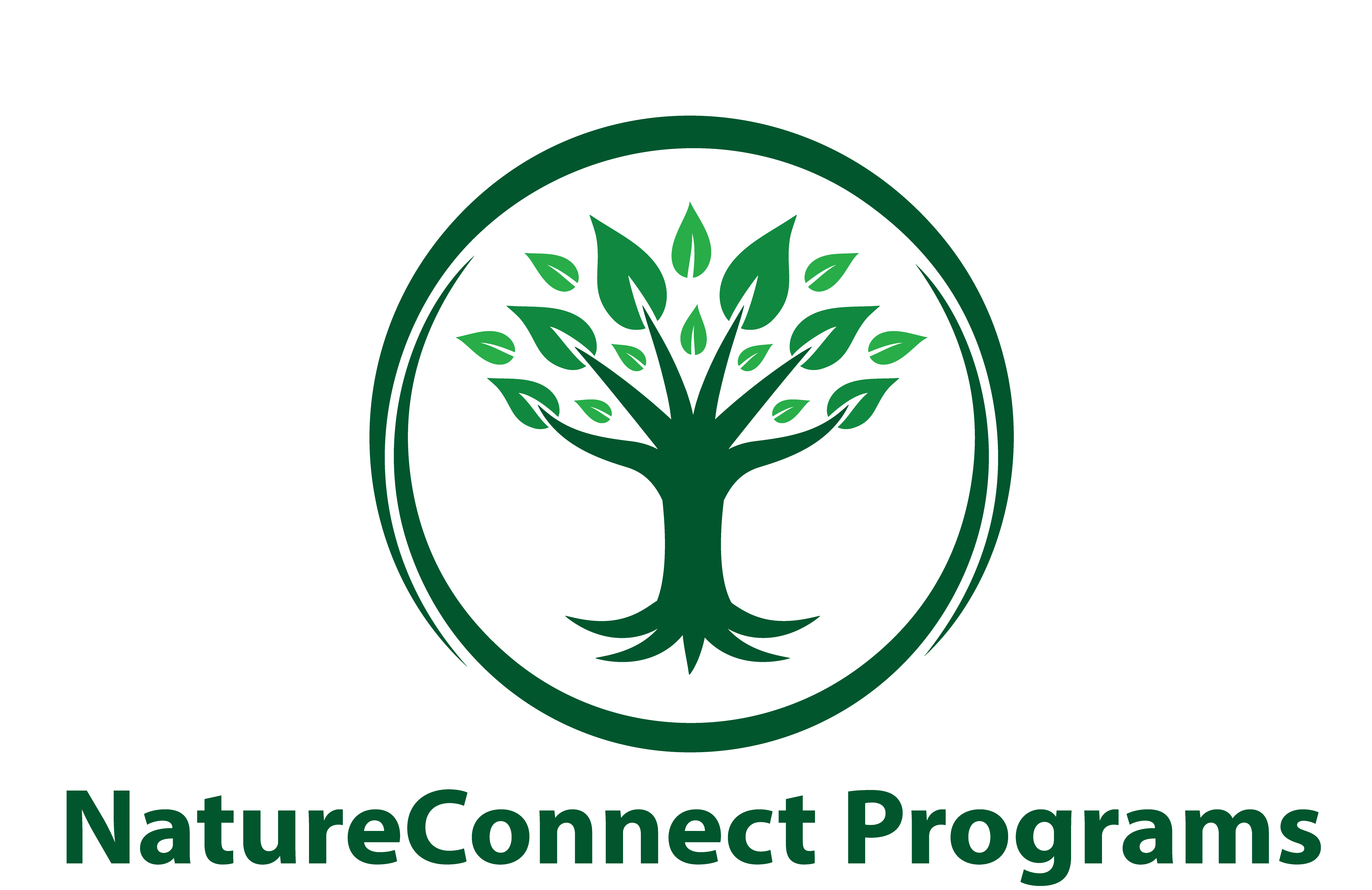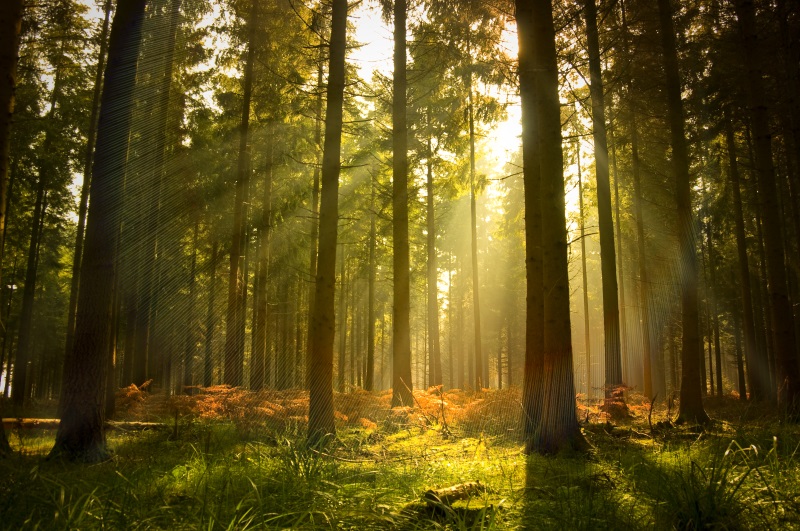It’s not that I’ve experienced trauma before as so many others have, its just that in the voyeurism of news stories I have been affected by others trauma. Having watched the survivors of the intense bushfires standing bereft by their burnt down homes, the people burnt and killed by the fires, the suffering and ashen wildlife strewn across the barren landscapes, I feel so blessed yet also so uncomfortable for being so fortunate. Yet I remind myself not to compare myself, my life with others, there is little to benefit from abstract comparisons.
With so much private and publicly expressed trauma, as well as anxiety and grief and despair, arising from not only the catastrophic bushfires in Australia but by the regular news of global heating, natural disasters and deadly pandemics, it’s such a difficult time. Most days I experience these dark emotions, the embodied feelings white anting my psyche that bewilders my sense of self and its relationship to this unsettling and threatening human experiment.
One of the core issues is how to cope with this increasing assault on our psychological landscape, on the undermining of our naïve assumptions about the future we grew up with. The future of devastating climate change is here, now. The intensifying storms of chaos and change are happening, now. How can we cope, adapt and sustain our lives at all levels, how to recognise the opportunities for growth? Your response to these questions will in part determine the path of your journey through chaos and change.
One response for dealing and coping with the darkening skies is to be open-minded and curious to the possibilities that are always open to us if we should recognise them. Not withdrawal and denial and closing down heart and mind. Whether our lives are marked by hardship, suffering or the mundane, there is within each pregnant moment the possibility for empathically and non-judgmentally exploring the minutiae of the outer world, the imaginative possibilities of our inner world. They don’t shout out to grab your attention, it is the still, open, non-judgemental mind that can best bring them into our awareness of lightness and connectedness.
Whatever age we are, there is always the possibility of finding the nuggets of gold that lie within our perceptual realm if we should so awaken to them. In this exploring within our daily lives can be an unfolding revelation of becoming an awakened person able to fully feel and live with the darkness while exploring within the stillness of mind the possibility for revelation and sustenance.
The poet T.S. Eliot hints at this in his poem, East Coker written in the early 1940s when England was under direct threat from Nazi Germany and many feared for their future. Within this poem he speaks of old men being explorers of possibilities for discovery and healing. It is not just the young that must have the yearning to explore and be open. I leave you with the underlying question of this stanza that you may wish to consider: can you, despite or inspite of dark thoughts and existential doubts, create the stillness of an awakening mind to explore the meanings within your apprehensions, the opportunities within the darkness and lightness of living? If we are to find sustenance in these challenging times we must examine our engagement with living in a way that unfolds deeper meaning and the unbreakable communion of spirit-in-life.
Old men ought to be explorers
East Coker, V, 202-206
Here and there does not matter
We must be still and still moving
Into another intensity
For a further union, a deeper communion…

